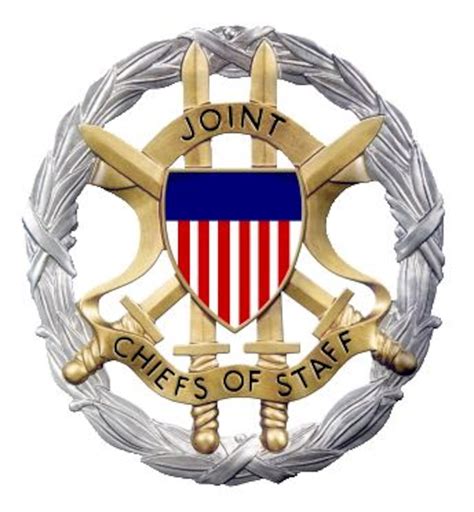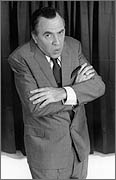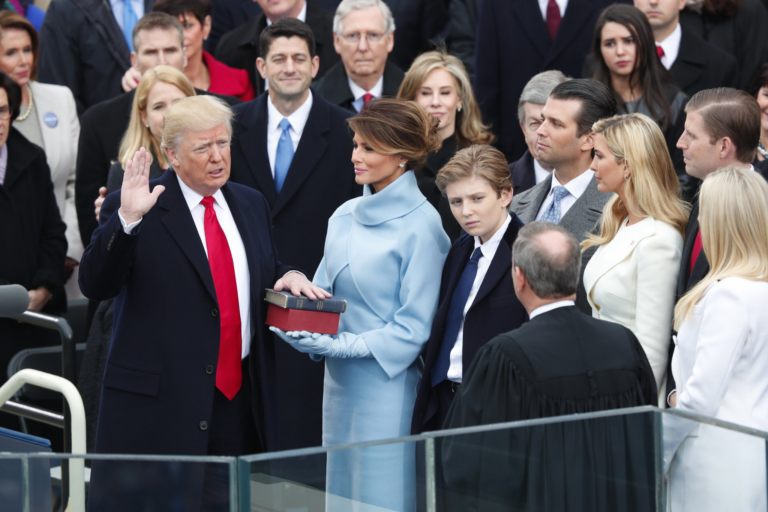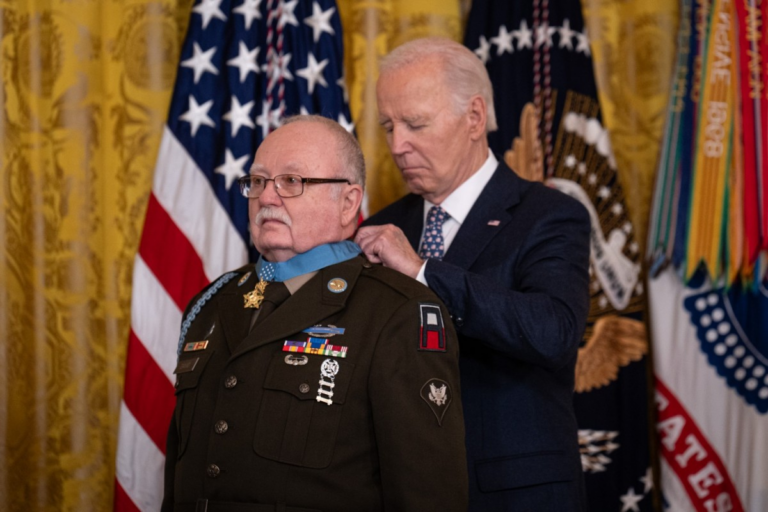
Five Steps the Next Chairman of the Joint Chiefs of Staff Must Take
Danny Brown for Spectator.org
Make the military strong — and cool — again.

The White House is currently deliberating on whether Air Force Gen. Charles Q. Brown or Marine Corps Gen. David Berger will replace Army Gen. Mark Milley as the next chairman of the Joint Chiefs of Staff. Whoever is chosen will face myriad competing priorities, but five issues require immediate attention.
The next chairman of the Joint Chiefs of Staff will serve as the nation’s top military officer during a pivotal period in our history.
First, he must improve how the Defense Department articulates the threat of China both within the U.S. government and to the American people. Arguably, most corners of the government are fully aware of China’s malign intent, but the military’s perspective informs that of other government agencies. The American people need to understand why the National Defense Strategy’s top priority is “defending the homeland.” China poses a threat that is real and growing. A well-informed populace will be better prepared for strategic shocks resulting from China’s inevitable future tests of U.S. resolve and will hopefully hold our elected officials more accountable in their decisions regarding the PRC.
Second, the next chairman must drive faster modernization, especially in the Reserve Component. Balancing near-term risk and future capability development is possibly his most vexing dilemma. If the services remain focused on “divest to invest” strategies, we will have less force structure to use now while we prepare for the future. By recapitalizing the more cost-effective Reserve Component, the chairman can preserve tactical experience and force structure while simultaneously developing and fielding new capabilities.
Another facet of modernization lies in the way we utilize readiness. In 2021, Brown and Berger jointly advocated for reforming the way the Defense Department looks at readiness to ensure that the joint force is modernized for a peer competitor. Either man will likely champion the Defense Department’s “strategic readiness” initiative, designed to improve senior-leader decisions in the areas of force employment, modernization, and others through the use of enhanced data analytics.
Third, the new chairman must push NATO to quicken modernization, improve force planning, and enhance capability development. The armed forces of small countries like Latvia, North Macedonia, and Albania could become operators or subject matter experts on a low-density/high-demand capability, such as sensors or air defense systems. This would provide a deterrent capability against Russia while relieving pressure on the United States. The Defense Department can find creative ways to provide systems and training at low- or no-cost in exchange for access to these capabilities when needed in the future.
Fourth, the chairman must fix the recruiting problem by making the military “cool” again. Harness the positive power of Top Gun Maverick’ssuccess and build on it. Having a “Maverick,” alpha-predator (male or female) mentality is critical to accomplishing much of what service members are asked to do, especially in combat. But we also need more “Bobs,” the movie’s nerdy combat systems officer whose callsign is just “Bob.” You don’t have to be a fighter pilot to be cool — you just have to find your passion and strive for excellence, which is the epitome of cool in the military. Too many young people are not exposed to the military in general, let alone to the diverse set of career paths they could take or the potential to serve at locations around the globe.
Part of the sales pitch is touting the benefits — health care, education, esprit de corps, pay, travel, excitement, professional relationships, and, of course, golf courses, pools, and the commissary. The military is not just cool; it opens countless personal and professional doors. Our recruiting systems need to find new ways of doing business, like traveling roadshows of young service members who can talk to their generation about how their service in the military led to U.S. citizenship, college degrees, health care, and more, all while blowing things up or conducting defensive cyber operations.
Lastly, the new chairman must depoliticize the office. Milley was accused of being too politically active by both sides of the aisle during his tenure. Stick to the core missions of the joint force while articulating the strengths of a diverse and inclusive force. But thread the needle so that your policies and voice can resonate across the political spectrum and with the public.
The next chairman of the Joint Chiefs of Staff will serve as the nation’s top military officer during a pivotal period in our history. China and the Russian war in Ukraine will undoubtedly dominate the present, but an unforeseen crisis will likely define his tenure. Addressing these five priorities will help set the United States and its Armed Forces on a path to ensure that in the 21st century, the hard-won freedom of the last is not lost.






